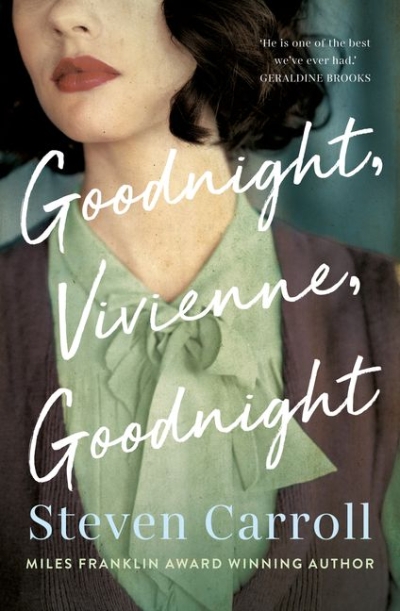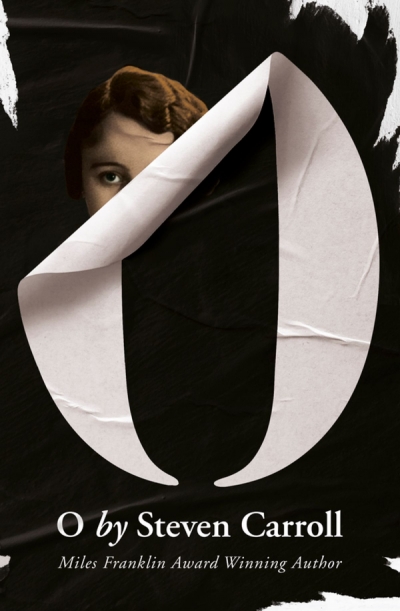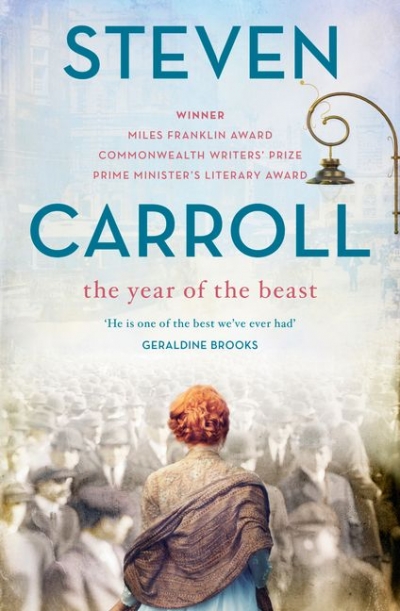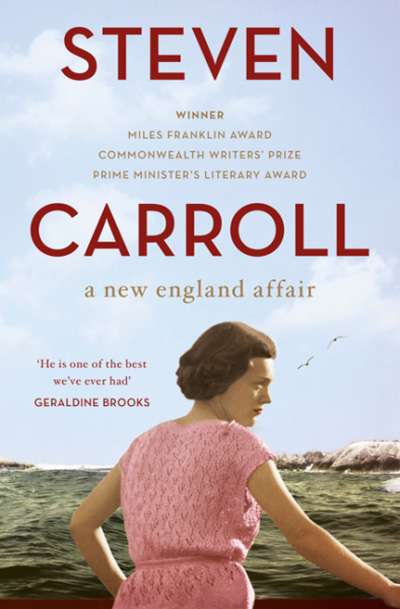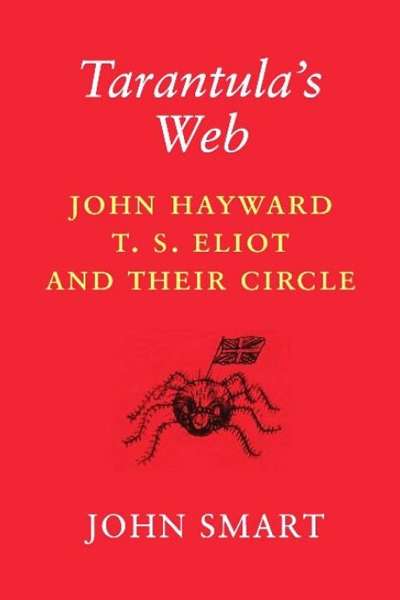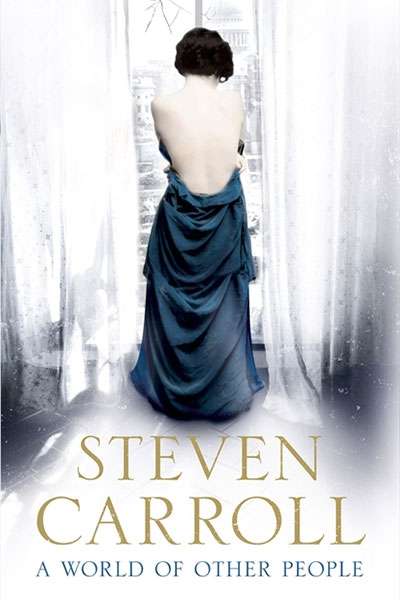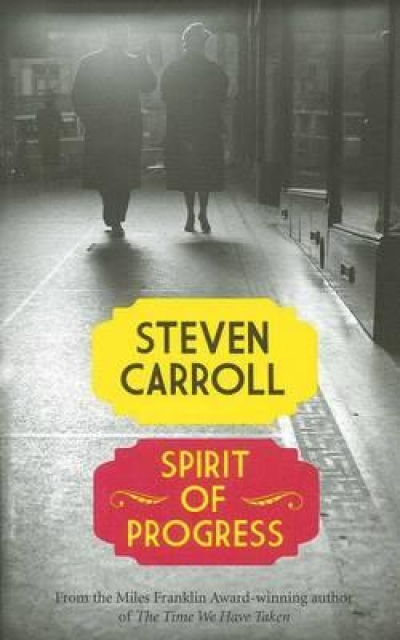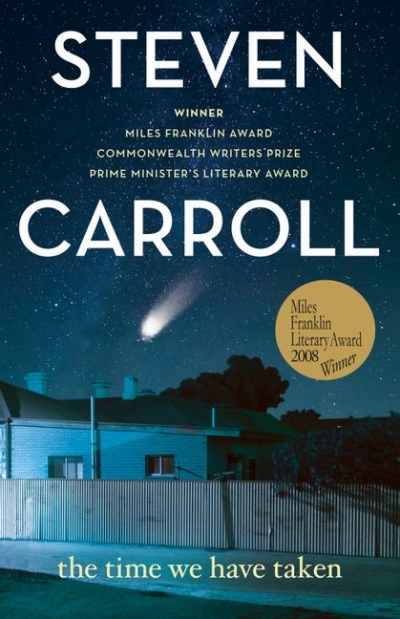Early in Steven Carroll’s novel Goodnight, Vivienne, Goodnight, a middle-aged woman contemplates her own existence: ‘Vivienne, Vivie. Viv. Now distant, now near. Who was she? The Vivienne now sitting in the gardens of Northumberland House, Finsbury Park, is contemplating the question.’ This Viv is Vivienne Haigh-Wood, the first wife of T.S. Eliot – or Carroll’s fictional rendition of her. Northumberland House is an asylum where, by 1940, Viv has lived for several years. Her previous actions include not accepting the end of her relationship with Eliot, dabbling in fascism (‘Did you tell him I just liked the uniform?’), and asking a police officer at five one morning if it’s true her husband has been beheaded. Institutionalised, she now lives in quiet defiance of other people’s perceptions and diagnoses of her. And with the help of her friend Louise and a group called the Lunacy Law Reform Society, she is about to do a runner.
...
(read more)

